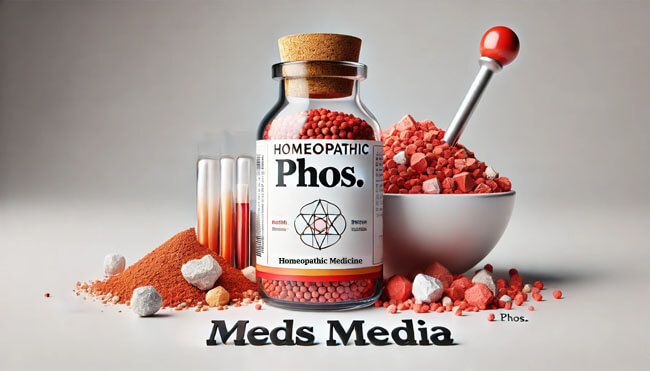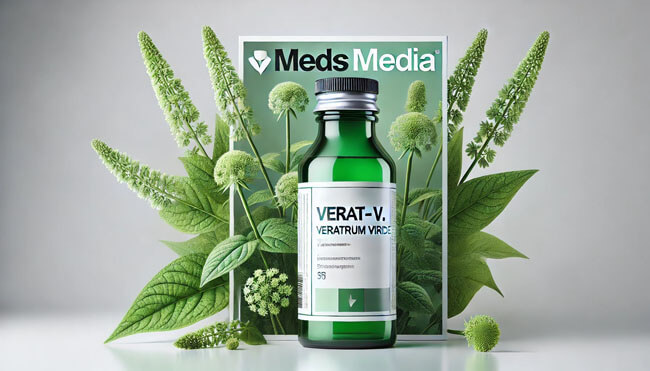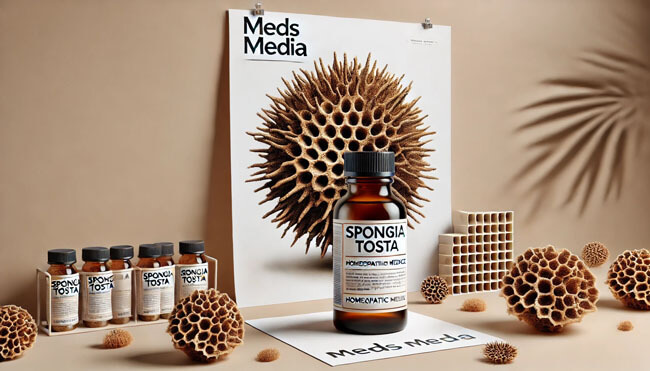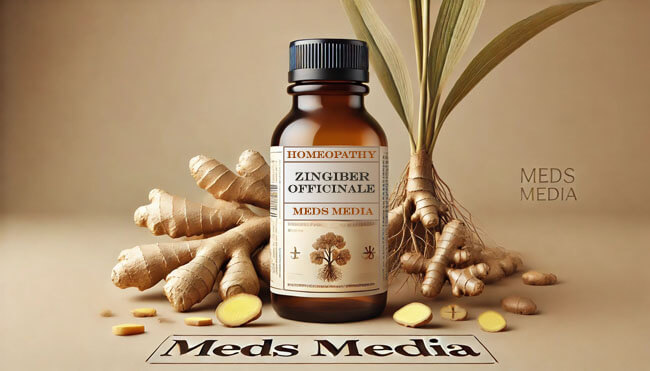
RHUS VENENATA, also known as Toxicodendron pubescens or Poison Ivy, is a homeopathic medicine derived from the poison ivy plant. It is prepared using a process called potentization, which involves dilution and succussion (vigorous shaking) of the plant material.
Properties and Preparation:
RHUS VENENATA is primarily used to treat skin conditions, particularly those resembling poison ivy rashes or allergic reactions.
The plant material is collected and processed to create a tincture or mother tincture, which serves as the basis for further dilution and potentization.
The tincture is diluted in a ratio of 1:10 or 1:100 with alcohol or distilled water, and the solution is vigorously shaken to prepare various potencies.
Symptoms treatment and materia medica:
RHUS VENENATA is indicated for conditions resembling poison ivy reactions. It is especially useful when the symptoms match those described below, including the characteristic skin rash, intense itching, burning, and blistering. The person may experience restlessness, joint stiffness, aggravation from initial movement, and relief from cold applications. The medicine is chosen based on the individual’s specific symptoms and overall constitution.
Skin rash: The affected area may develop a red, itchy rash with blister-like eruptions, similar to poison ivy reactions.
Burning and stinging: The rash can be accompanied by a sensation of burning or stinging on the skin.
Swelling: Inflammation and swelling may occur around the affected area.
Intense itching: The rash is often associated with severe itching, leading to scratching and further aggravation.
Eczema-like eruptions: The rash can resemble eczema, with dry, scaly, or oozing skin.
Blisters: Fluid-filled blisters may form on the skin, causing discomfort and pain.
Worsening with heat: Symptoms tend to worsen with exposure to heat or warm applications.
Relief from cold applications: Cooling the affected area with cold water or cold compresses can provide temporary relief.
Restlessness: Individuals may experience restlessness, especially at night, due to the itching and discomfort.
Joint stiffness: Joint stiffness and pain can be present, especially after prolonged rest or in damp weather.
Aggravation from initial movement: Symptoms may worsen initially upon movement but improve with continued motion.
Tenderness: The affected skin or joints may be tender to touch.
Irritability: The person may feel irritable or easily provoked.
Anxiety: Anxiety and a sense of uneasiness may be present.
Fatigue: There can be a general sense of fatigue and weakness accompanying the symptoms.
FAQ (Frequently Asked Questions):
Q: Is RHUS VENENATA safe to use?
A: Homeopathic medicines are prepared using highly diluted substances, reducing the risk of toxicity. However, it is recommended to consult a qualified homeopathic practitioner for appropriate dosage and guidance.
Q: Can RHUS VENENATA be used for poison ivy exposure?
A: RHUS VENENATA is primarily used for homeopathic treatment of symptoms resembling poison ivy reactions. For acute cases of poison ivy exposure, it is advisable to seek medical attention.
Q: How long does it take for RHUS VENENATA to work?
A: The duration of treatment varies depending on the individual and the severity of the symptoms. Improvement can be observed within a few days or weeks in some cases, while chronic conditions may require longer treatment.
Q: Can RHUS VENENATA be used for other conditions besides poison ivy reactions?
A: While RHUS VENENATA is primarily associated with treating symptoms resembling poison ivy reactions, it may have applicability in other conditions. However, it is important to consult a qualified homeopathic practitioner for an accurate diagnosis and appropriate treatment.
Q: Are there any known side effects of RHUS VENENATA?
A: As a highly diluted homeopathic remedy, RHUS VENENATA is generally considered safe and free from significant side effects. However, individual sensitivity and reactions can vary. If any new or unusual symptoms occur while taking this medicine, it is advisable to consult a healthcare professional.
Q: Can RHUS VENENATA be used during pregnancy and breastfeeding?
A: It is recommended to consult a qualified homeopathic practitioner or healthcare provider before using RHUS VENENATA during pregnancy or breastfeeding. They can provide guidance on its suitability and appropriate dosage.
Q: Can RHUS VENENATA be used alongside conventional medications?
A: Homeopathic medicines can be used alongside conventional medications. However, it is important to inform your healthcare provider about all the medications you are taking to avoid any potential interactions.
Books for Reference:
- Materia Medica with Repertory” by William Boericke
- Homeopathic Medicine At Home” by Maesimund B. Panos and Jane Heimlich
- Pocket Manual of Homeopathic Materia Medica and Repertory” by William Boericke and Oscar E. Boericke
- A Concise Repertory of Homeopathic Medicines” by S.R. Phatak
- Keynotes and Red Line Symptoms of Materia Medica” by Adolph von Lippe
Please note that the information provided here is for informational purposes only and should not replace professional medical advice. It is always recommended to consult qualified homeopathic doctors for proper diagnosis, guidance on the use of Rhus Venenata and individualized effective homeopathy treatment.
Why Meds Media guides are different
We focus on clear, practical explanations of homeopathic and natural health topics so you can understand remedies, symptoms, and lifestyle changes in simple language.
Meds Media is an educational resource only. Always consult a qualified doctor or homeopathic practitioner before starting, stopping, or changing any treatment.
Similar Posts You may also like
Zincum Picricum Homeopathic Medicine & Personality | Uses, Benefits & Indications
Zincum Phosphoricum Homeopathic Medicine & Personality | Uses, Benefits & Indications
Zincum Iodatum Homeopathic Medicine & Personality | Uses, Benefits & Indications
Zincum Bromatum Homeopathic Medicine & Personality | Uses, Benefits & Indications
Zea Homeopathic Medicine & Personality | Uses, Benefits & Indications
Zincum Aceticum Homeopathic Medicine & Personality | Uses, Benefits & Indications
Zincum Cyanatum Homeopathic Medicine & Personality | Uses, Benefits & Indications
Zincum Muriaticum Homeopathic Medicine & Personality | Uses, Benefits & Indications
Zincum Oxydatum Homeopathic Medicine & Personality | Uses, Benefits & Indications
Zincum Sulphuricum Homeopathic Medicine & Personality | Uses, Benefits & Indications

Phosphorus Homeopathic Medicine & Personality | Uses, Benefits & Indications
Causticum Homeopathic Medicine & Personality | Uses, Benefits & Indications

Top Global Homeopathic Medicine Manufacturers

Top renowned Homeopathic research institutes worldwide

Veratrum Viride Homeopathic Medicine & Personality | Uses, Benefits & Indications

Spongia Tosta Homeopathic Medicine & Personality | Uses, Benefits & Indications

Zingiber Officinale Homeopathic Medicine & Personality | Uses, Benefits & Indications


